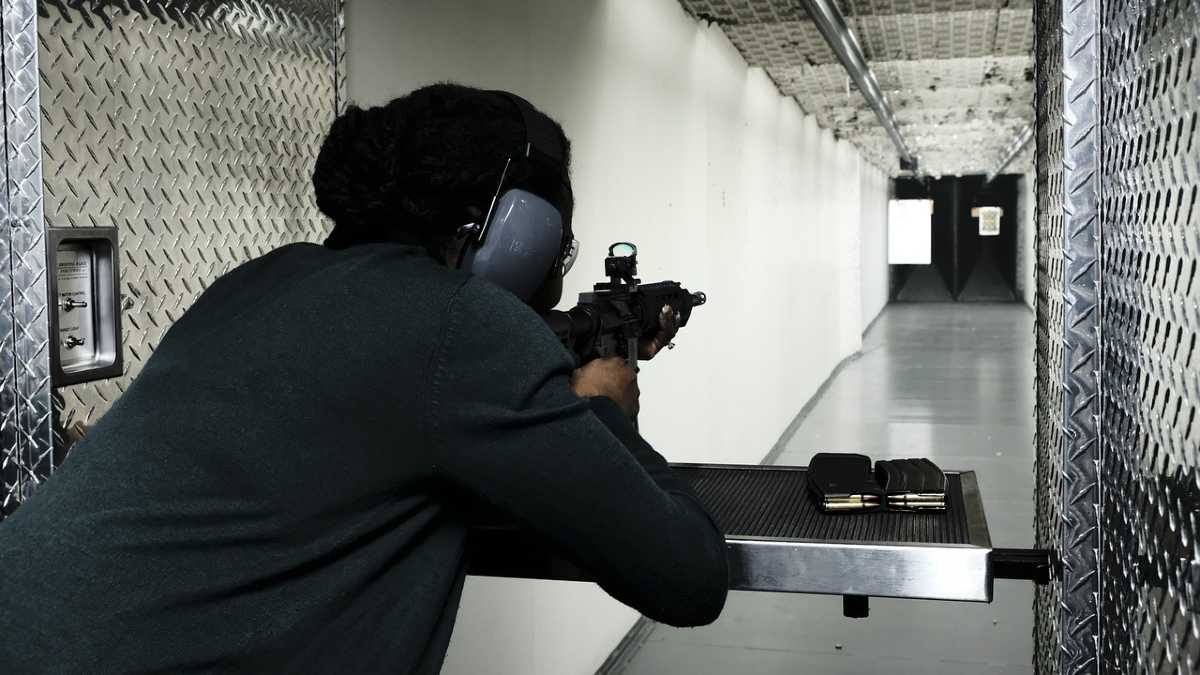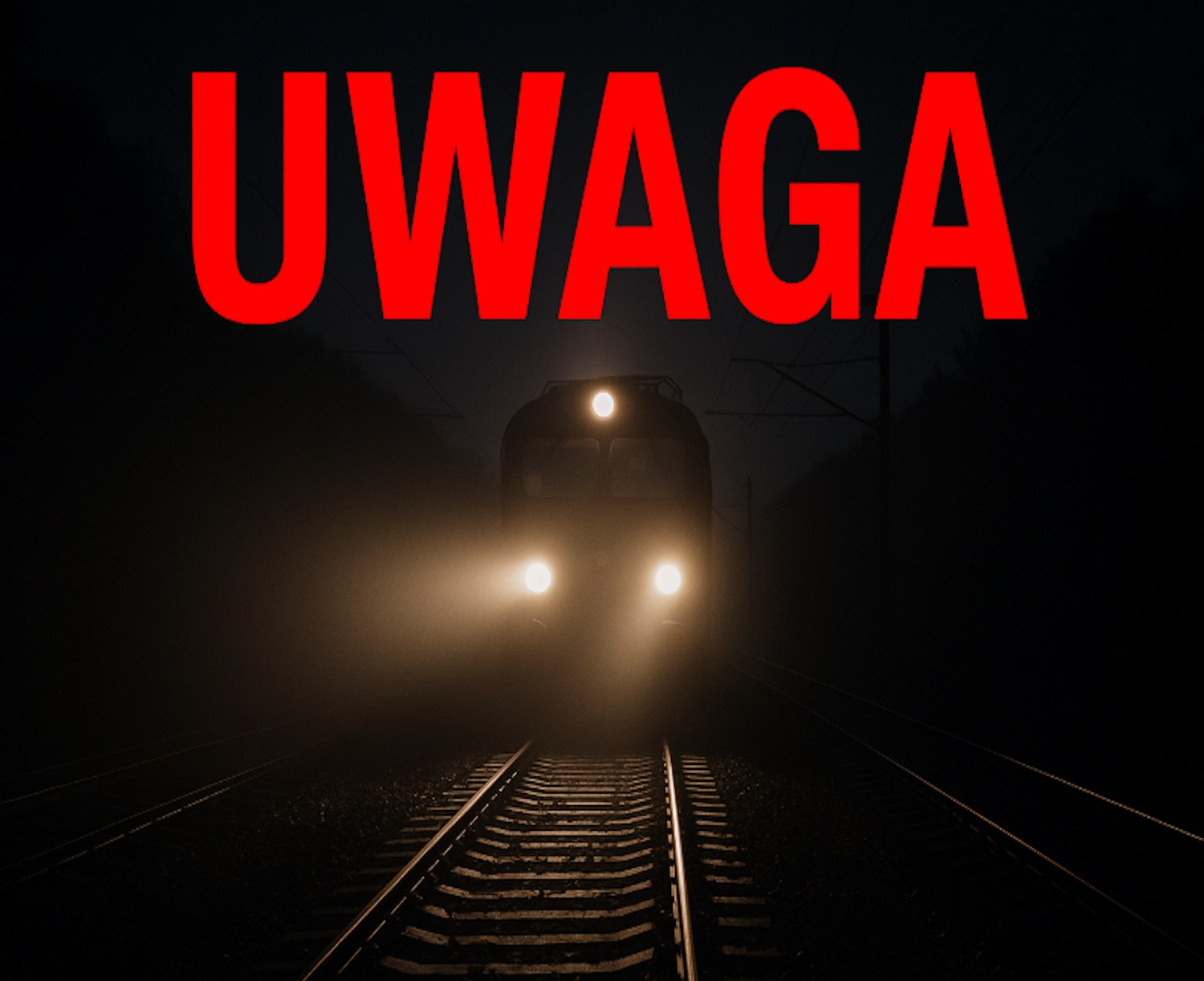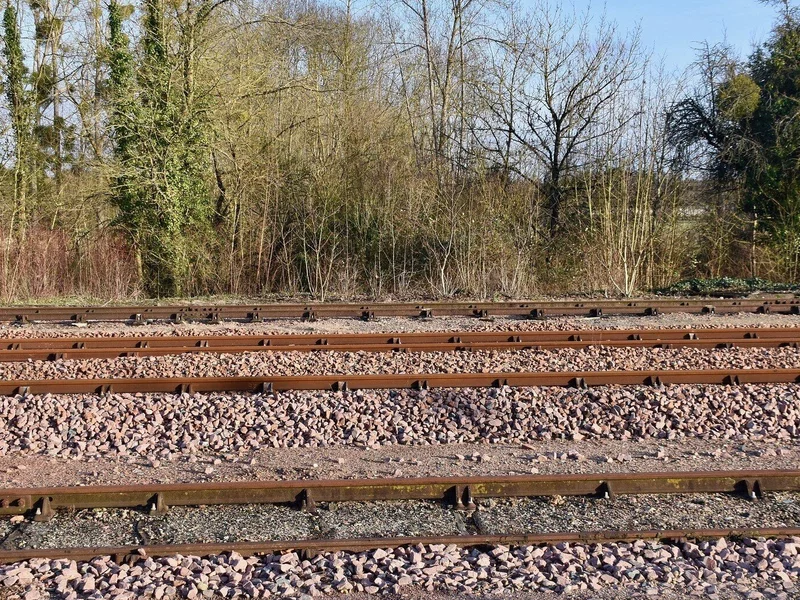Sir Keir Starmer (Labour) faces mounting pressure over the collapse of a high-profile espionage trial after the country's chief prosecutor directly blamed government ministers for the case's failure. Director of public prosecutions Stephen Parkinson revealed that the Crown Prosecution Service had attempted to obtain crucial evidence "over many months" but it had not been provided by Starmer's administration.
The Prime Minister defended his government by pointing to the previous Conservative administration's approach to China. Starmer argued that the Tories had not classified Beijing as a threat to national security when the alleged offences occurred, which he claimed was the determining factor in the case's outcome.
The government has described China as a "sophisticated and persistent challenge" but stopped short of labelling it an enemy or national security threat. Critics suggest Starmer's efforts to build relations with the world's second-largest economy may have influenced this cautious stance on Beijing's threat classification.
Case details emerge
The prosecution against Christopher Cash and Christopher Berry was dropped on 15 September after both men denied charges under the Official Secrets Act. Cash had previously worked as a parliamentary researcher for senior Conservative MP Alicia Kearns, while Berry was his co-defendant in the espionage case.
Kearns called on ministers to explain the situation following the director of public prosecutions' comments. She said: "For weeks, Labour have stonewalled the British people. Now the CPS has taken the extraordinary step of revealing our own Government refused to co-operate with them, confirming serious questions about constitutional impropriety."
Conservative demands transparency
The Conservative MP demanded clarity about decision-making processes. She said: "The Government must come clean - who is responsible for spiking the prosecution? Continued stonewalling only invites further concern of concealment or conspiracy. Labour has managed to undermine our law enforcement, the security services and our prosecutors whilst sending a message to China and the British people that they won't defend our democracy."
Liberal Democrat foreign affairs spokesman Calum Miller criticised the government's China policy approach. He argued: "China is clearly a threat to UK national security. The head of MI6 said this in 2021. It is shocking that a case against two men accused of acting on China's behalf to acquire secret information from MPs has collapsed because Government ministers and officials have refused to confirm China is a menace."
Miller called for parliamentary scrutiny and suggested the Intelligence and Security Committee should investigate the government's protection of democracy from Chinese influence. He said: "The Government should tell Parliament who made the decision not to provide evidence to the CPS. The Intelligence and Security Committee should investigate whether the Government is doing enough to protect our democracy and national security from China. Instead of trying to win favour with Beijing ahead of a visit next year, the Prime Minister should show some backbone, call China out for its behaviour and place it - with Russia and Iran - on the enhanced tier of Firs."
Sources used: "PA Media" Note: This article has been edited with the help of Artificial Intelligence.

 1 miesiąc temu
1 miesiąc temu




![Ślubowanie kadetów i nowa strzelnica w Zespole Szkół numer 5 w Rybniku [FOTO]](https://www.naszrybnik.com/photos/176393477557-908806-.jpg)







